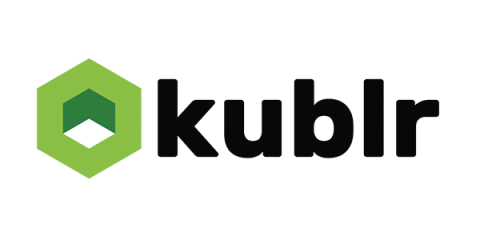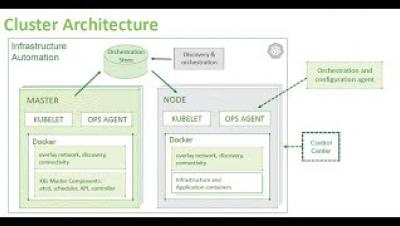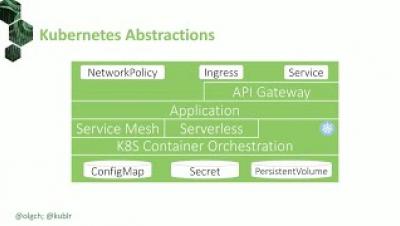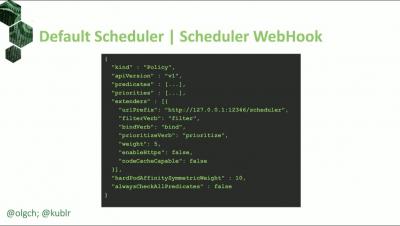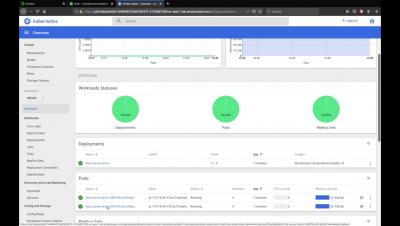Kubernetes RBAC 101: Overview
Cloud native and open source technologies have modernized how we develop software, and although they have led to unprecedented developer productivity and flexibility, they were not built with enterprise needs in mind. A primary challenge is bridging the gap between cloud native and enterprise reality. Enterprises need a centralized Kubernetes management control plane with logging and monitoring that supports security and governance requirements extended through essential Kubernetes frameworks.


